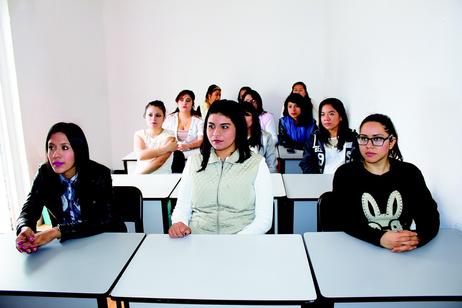How to Prepare for the January Semester: A Checklist for New and Returning Community College Students
Preparing for the January semester is an essential step for community college students who want to start the new year strong. Whether you are arriving on campus for the first time or returning after the fall term, the transition into a new academic period often sets the pace for your success. This guide walks you through how to prepare for the January semester with detailed checklists, timelines, and expert insights that reflect current trends in community college learning.
Students who prepare for the January semester early benefit from smoother course registration, stronger academic performance, and better financial planning. The following sections outline exactly how to prepare for the January semester so students can begin with confidence and clarity.
Building Your January Semester Plan
Understanding how to prepare for the January semester begins with a clear plan. New and returning students should review academic goals, course requirements, and graduation pathways before selecting classes. Many colleges now provide online degree maps, guided pathways, and advising portals that streamline the planning process.
1. Meet With Academic Advising Early
Academic advising is one of the most effective tools for students learning how to prepare for the January semester. Advisors help confirm degree requirements, recommend balanced course loads, and identify potential transfer pathways.
Schedule advising appointments before winter break to avoid delays. If your college offers






















